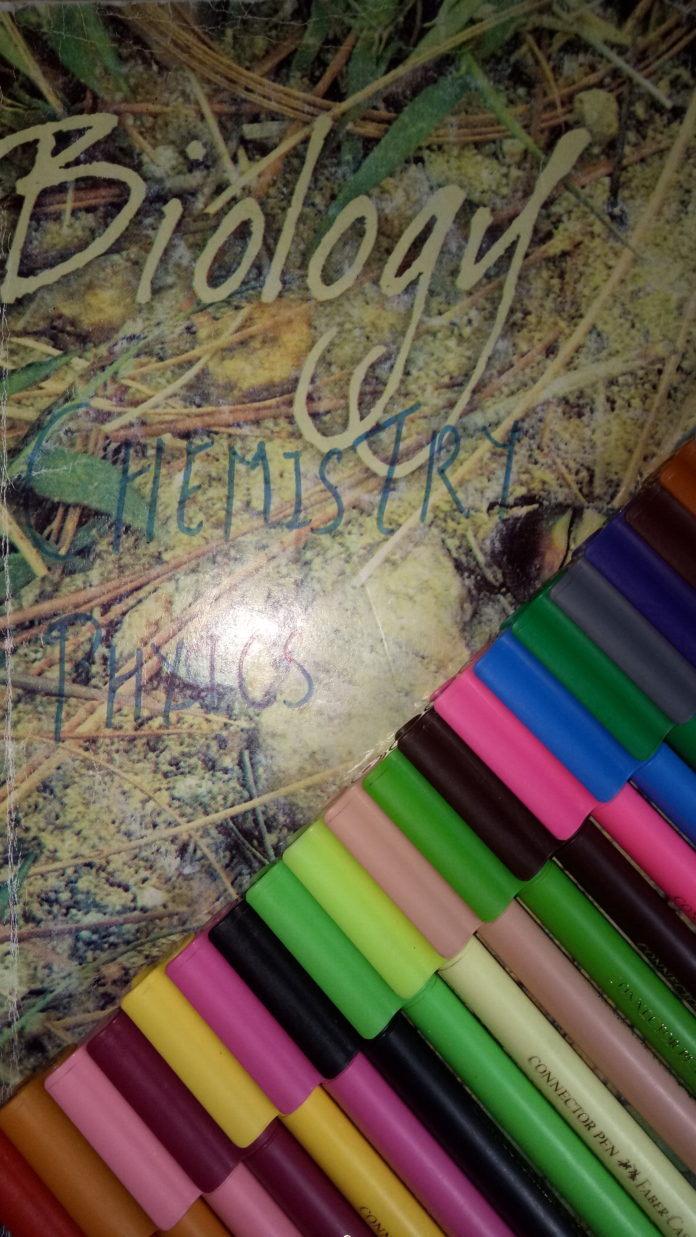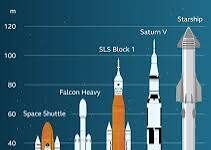“A complete guidelines to prepare for NEET UG”
NEET – UG (National Eligibility cum Entrance test) “a key towards your dreams.” For all those who are looking forward towards their profession in medical field. NEET is definitely a key towards the vision for success but needs a collaboration of hard work as well as smart work. A planned structure for study is an essential hook step to begin the study.
All the aspirants with enthusiasm and determination give their best shot. The huge number of students appears for the NEET (National Eligibility cum Entrance Test). So the competition level intensifies to higher level. The candidate needs to prepare themselves in order to face such a tough competition in order to acquire seats in Medical and Dental colleges. So here are provided guidelines for those who urge to prepare for NEET examination.
Introduction –
NEET as national eligibility cum entrance test conducted in India for admission to medical institutes as well as dental / institutes. But the request to conduct NEET twice a year is put forth by students, so the chances of implementation may be recorded in further academic sessions
- NEET is conducted by NTA (National Testing Agency)
- NEET is the only entrance test to fill All India Quotes Medical and Dental seats as well as the state Quota
- 15% All India Quota seats are reserved
- It is an entrance for courses as MBBS, BDS, BAMS, BUMS, B.PTH, B.OTH, BASLP, BP&O, BSc. Nursing
- The test consists of total ………720 marks
- Duration of NEET Test – 3 hours
- Books – Books of CBSC (NCERT) Syllabus to be followed
- Mode of examination – offline pen paper modes
- Pattern of test – M.C.Q Based pattern
- Language of Question Paper – English, Hindi, Marathi, Odia, Tamil, Telugu, Assamese, Bengali, Gujarati, Kannada.
- No. of attempts – no restrictions
Eligibility
- Candidates must have passed 10+2 / appearing 10+2 or equivalent examination as per NTA.
- Qualification – Candidate Qualified with English, Physics, Chemistry, and Biology in above examination.
- Age criteria – 17 years / completed 17 years by December 31
- Attempts – no restriction.
Preparation for NEET (UG)
- Be aware about the syllabus and marking system
- Create organized timetable
- Cover whole syllabus
- Smart work to focus on most frequently asked important topics
- Create your own notes
- Summarize the content
- Revise formulas and concepts
- Practices questions from various reference books
- Have mock test chapter wise as well as whole syllabus mock tests
- Practice previous year question papers
Marking system –
- Subject wise marks and no. of question –
Physics – 45 questions {180 marks}
Chemistry – 45 questions {180 marks}
Biology – 90 questions {360 marks} - Total marks -720
- Total questions – 180
- Each question carries 4 marks for relevant answer while -1 mark for irrelevant answer
Syllabus –
Physics – for class 11th
- Physical world and managements
- Kinematics
- Laws of motion
- Work, energy &power
- Motion of system of particles and rigid bodies
- Gravitation
- Properties of bulk matter
- Thermodynamics
- Behavior of perfect gas and kinetic theory
- Oscillations and waves
Chemistry – for class 11th
- Some basic concepts of chemistry
- Structure of atom
- Classification in elements and periodicity in properties
- Chemical bounding and molecular structure
- States of matter
- Equilibrium
- Redox reaction
- Hydrogen
- S- block elements
- Organic chemistry
- Hydrocarbons
- Environmental chemistry
Biology – for class 11th
- Diversity in living world
- Structural organization in plants and animals
- Cell structure and functions
- Plants physiology
- Human physiology
- Chemical co-ordination and regulation
Physics – for class 12th
- Electrostatics
- Current electricity
- Magnetic effect of current and magnetism
- Electromagnetic induction and alternating current
- Electromagnetic
- wavesOptics
- Dual nature of matter and radiation
- Atoms and nuclei
- Electronic devices
Chemistry – for class 12th
- Solid states
- Solutions
- Electrochemistry
- Chemical kinetics
- Surface chemistry
- General principle and processes of isolation of elements
- p-block elements
- d and f block elements
- Co-ordination compounds
- Haloalkanes and haloarenes
- Alcohols, phenols ðers
- Aldehydes, ketones and carboxylic acids
- Organic compounds containing nitrogen
- Biomolecules
- Polymers
- Chemistry in everyday life
Biology – for class 12th
- Reproduction
- Genetics and evolution
- Biology and human welfare
- Biotechnology and its application
- Ecology & environment
Organized timetable –
To prepare organized timetable and write down your systematized structure including equal justice towards all the subjects. As said listing a bunch of things makes work easier to follow; writing out things makes it quite easier to remember and follow the particular timetable
Note down the following important topics primarily
- Syllabus
- Date to fill form for NEET ug
- Date on which admit card will be received by you
- Date of NEET UG
- Dates for revision
- Dates of all mock test to be solved
Scheduling should be done so as to remember all the important events and not to miss any of those. This will make work sophisticated i.e. task written on a piece of paper makes the ideas transparent/ translucent
Summarize
With a vast portion and tough competition, it makes it difficult to stand. In order to survive –
- Conceptual study
- Logical thinking
- Formulation
- Detailed study
- Reasoning
Become the most essential part of it. Converting the entire syllabus into summarized form helps during pre- exam schedule.
Mock test –
For self examination purpose appear for mock test chapter wise. This will help to examine the weak topics, learning & grasping power. Later have whole syllabus mock test.
Previous year question papers-
Solve all previous year papers it helps to know about questioning pattern.
Books to be followed –
The original NCERT texts are most significant an ideal for study
Reference books –
NCERT Text class 11th
NCERT Text class 12th
Concepts of physics – H.C Verma
Fundamentals of physics halliday &walker
Problems in general physics – IE Irosov
Modern ABC of chemistry class 11th & 12th
Organic chemistry Morrison and Boyd
Objective NCERT Fingertips – MTG Editorial board
Biology vol. 1 and 2- trueman
5 mock tests for NTA NEET










